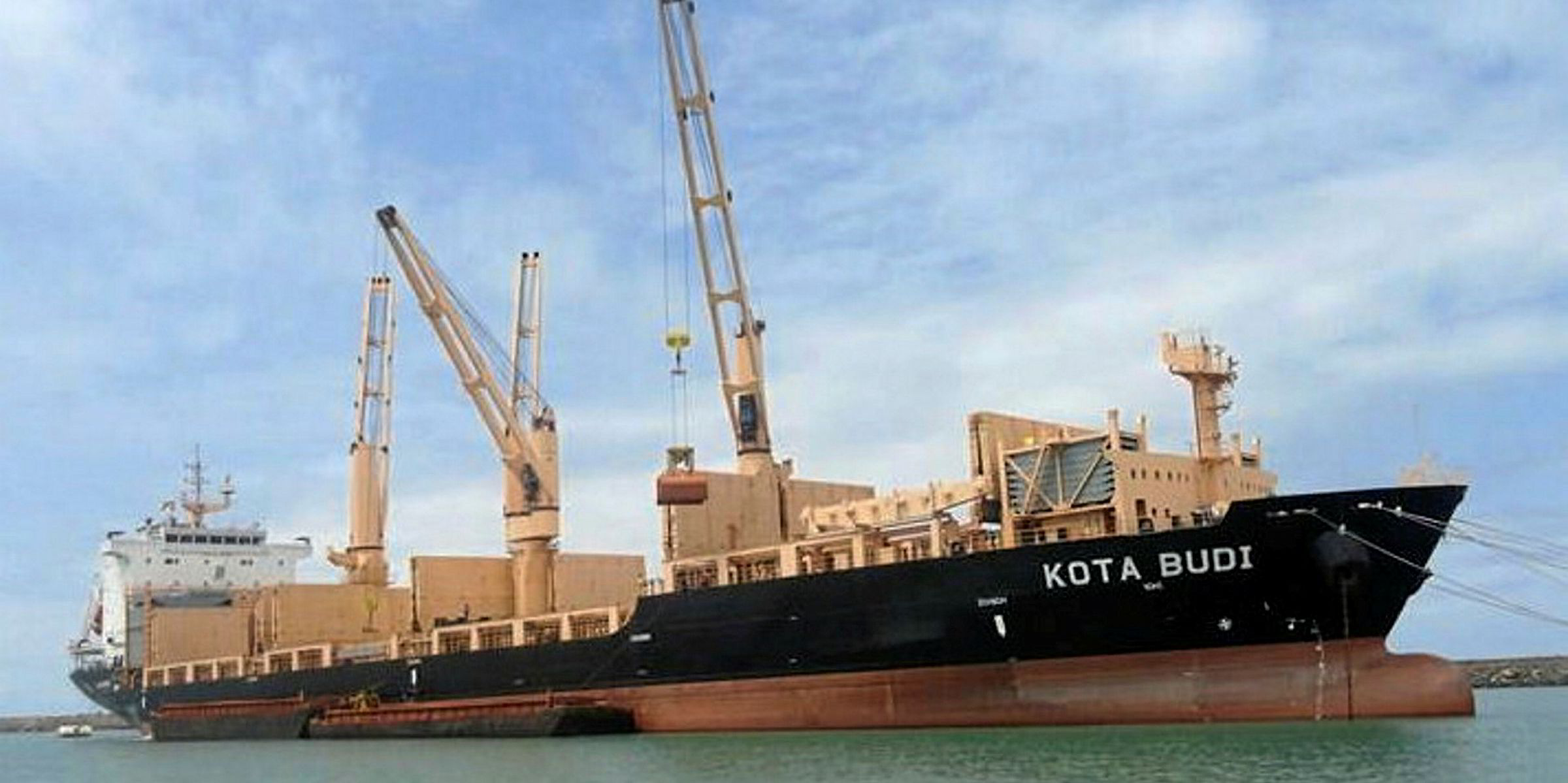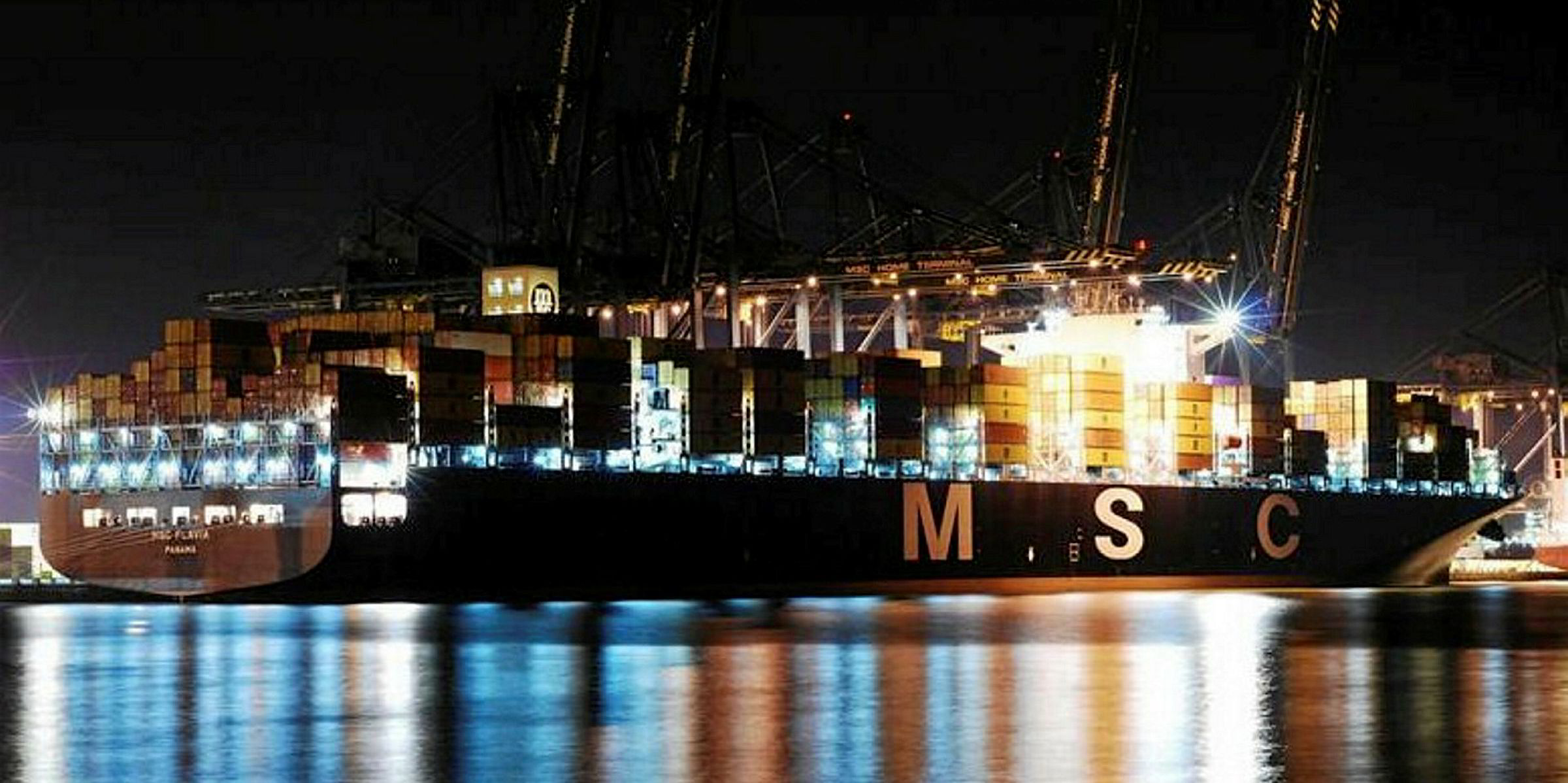The International Maritime Organization has released guidelines it hopes port states will abide by in providing seafarers medical treatment.
Amid the worldwide crewing crisis, some of the tens of thousands of seafarers stuck aboard their ships have complained they have been denied medical care over concerns they could spread Covid-19 shoreside.
The 26-point programme from the United Nations agency include recommendations for crew, authorities and ship operators in the hope of easing the process of getting a seafarer on shore and treated.
"Seafarers are at the heart of everything IMO does," said secretary general Kitack Lim.
"In the darkest hours of the pandemic, they have been selflessly delivering the goods we all need. But their own health and well-being are as important as that of anyone else.
"Now is the time for governments around the world to deliver for seafarers, by ensuring they can access medical care without delay, whenever they need it."
Key guidelines
The guidelines suggest crew members with Covid-19 symptoms are isolated aboard their ships, wear personal protective equipment when disembarking the sick or injured crew member, require shore-based personnel coming aboard to do the same and allow seafarers to receive medical attention before being repatriated.
The guidelines follow on the IMO's 12-step plan released in early May to streamline crew changes they hoped would be adopted by local authorities, who have been unwilling to designate seafarers key workers despite the fact that the vast majority of global trade is carried aboard ships.
Despite lobbying from the industry and labour, governments worldwide failed to enact the plan, leading to the International Transport Workers' Federation offering to help repatriate any seafarers who wish to leave their ships.
Past failure
The union said any disruptions to the global supply chain would fall at the feet of world governments, who were unwilling to work with it and the industry to solve the issue.
At that point, it had already signed off on three contract extensions with its crews, but refused any more, as some seafarers have been stuck on their ships for a year or longer.
The situation has become dire on board many ships, with suicide the leading cause of death aboard commercial ships, according to Seafarers Hospital Society.
Elsewhere, a crew was stuck on board a ship for two weeks with a dead colleague on board, unable to find a port willing to let it berth and Filipino seafarers aboard Celebrity Cruises ships have sued, alleging they were held captive.







